From Seed to Supply Chain: How Farm Management Software Sets You Up for a Smoother Harvest
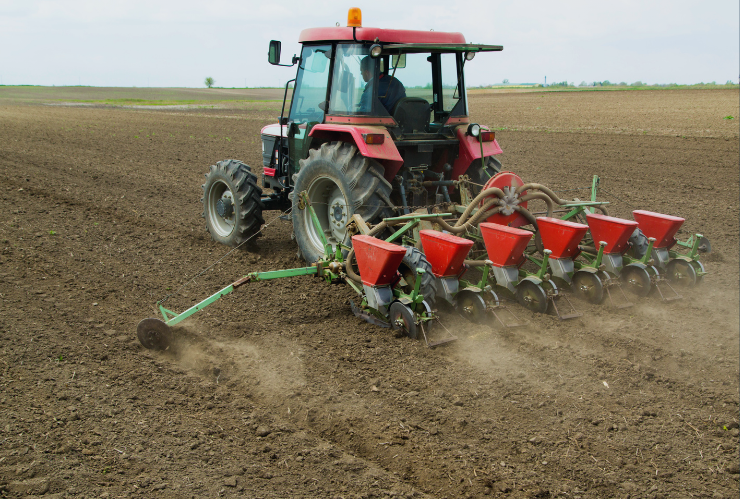
Seeding season is more than just planting—it’s the starting line for your entire supply chain. For Canadian grain and seed farmers, decisions made now ripple all the way through to harvest. The more connected and organised your operation is early on, the fewer headaches you’ll face later. That’s where Farm Management Software steps in. From […]
Why Freight Visibility is the Key to On-Time Payments
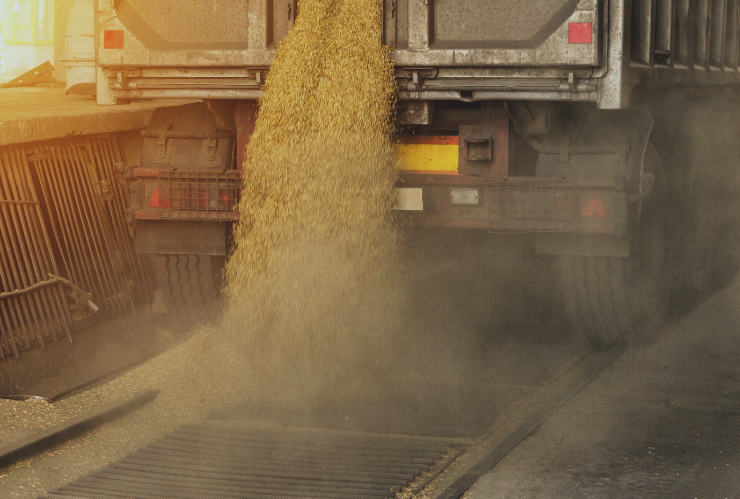
In the world of freight management logistics, delays cost more than just time, they impact your bottom line. Whether you’re moving bulk grain, fertiliser, or livestock feed, clear, real-time insight into your freight operations can mean the difference between getting paid on time or chasing down invoices weeks later. That’s where freight visibility comes in. […]
Truck GPS Tracking the Smartest Method to Handle Fleets in 2025

Introduction These daysIn today time, fleet management is anything but a simple problem; from snow-filled highways to rugged terrain and long-haul routes, the work seems more complex and limitless. Truck GPS tracking is no longer merely a tool, but is now regarded as a truly fundamental requirement by logistics providers, agribusinesses, and commercial operators. Today, […]
Everything you need to know about Freight Broker Software
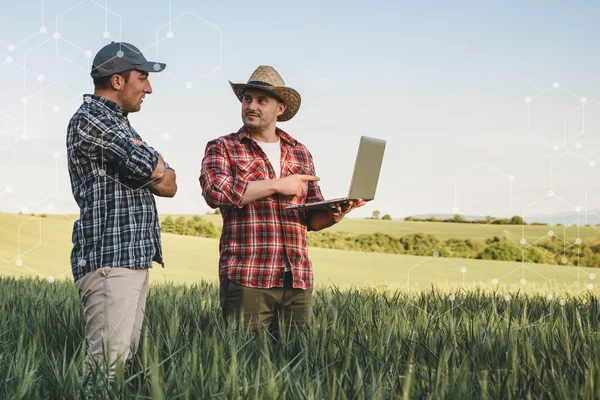
We live in a truly global world where communication and commodities are just a click away. Someone can buy a shirt from Asia while sitting in the US and the other way around with no problem. As this market grows, the risks and complexities also grow with it, making today’s market dense and highly competitive. […]
Truck Management Software Solutions Simplified in 2025
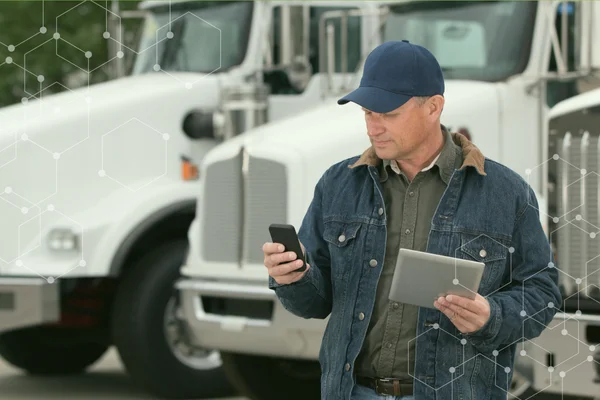
The international trucking industry is the foundation of supply chains, transporting well over 72% of cargo in the United States alone and representing over $4 trillion in market value globally. However, with its grandeur, the industry still experiences inefficiencies ranging from failed deliveries to fuel consumption, inadequate fleet visibility, and increasing cost of operations. As […]
Efficient Harvest Preparation: A Practical Guide for Canadian Farmers Delivering to Grain Elevators
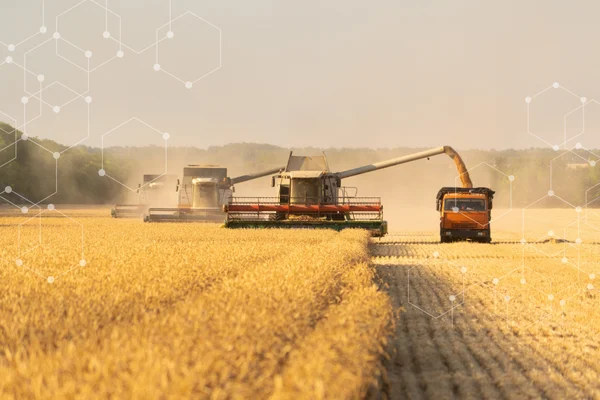
Introduction: Mastering Harvest For Canadian grain farmers operating without on-farm storage, the harvest period is exceptionally critical. Every decision made before and during harvest, along with execution, quality control, and logistical precision, directly impacts your farm’s profitability. Unlike operations with on-farm storage that offer the flexibility to store and market grain later, your crop must […]
Good Business Grows from Good Relationships: Why We’re Launching Our AgriChain Referral Program
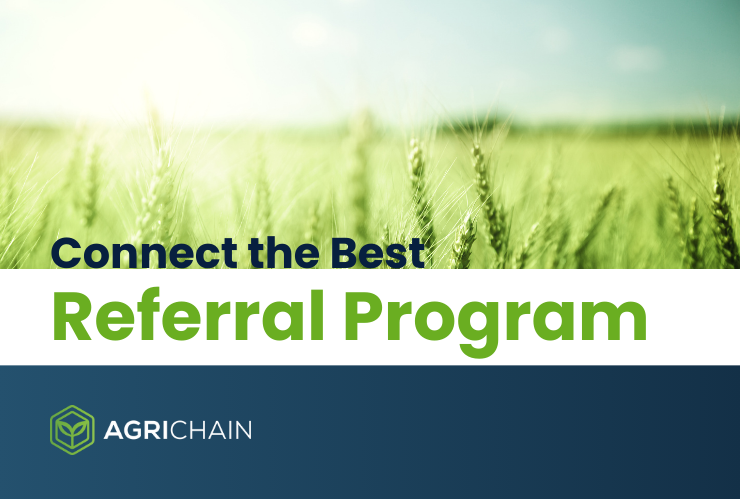
About The AgriChain Referral Program In the business of agriculture, trust is everything. At AgriChain, we know the value of a quality recommendation. In fact, some of our best users came to us through a conversation between two people in the industry. That’s why we’re excited to officially launch the Connect the Best – AgriChain Referral […]
AgriChain’s AutoWeigh Feature – Streamlining Weight Data for Accurate Transactions

Accurate weight data is essential for fair and efficient agricultural trade. Traditional weighing methods can be time-consuming and prone to human error, leading to discrepancies that cost businesses money. AgriChain’s AutoWeigh feature eliminates these issues by automating weight data collection and integration. The Problem: Inconsistent & Manual Weighing Processes Many agribusinesses still rely on outdated weighing processes […]
Export Documentation – Streamlining Compliance & Logistics

Exporting agricultural products involves a complex web of compliance requirements, documentation, and logistics. For many agribusinesses, managing this paperwork efficiently is crucial to ensuring smooth operations, avoiding delays, and maintaining profitability. AgriChain simplifies export documentation, reducing manual work and ensuring all regulatory requirements are met seamlessly. The Challenge: Managing Complex Export Documentation Agribusinesses exporting grain, livestock, and […]
The Hands That Shaped a Legacy

Last week in Canada, some of the AgriChain team met a lovely old farmer. He and his son will no doubt be future customers—salt-of-the-earth type people. We were swapping stories about machinery and asked him if he remembered the first tractor he drove as a kid. He did, and more to the point, he told […]







